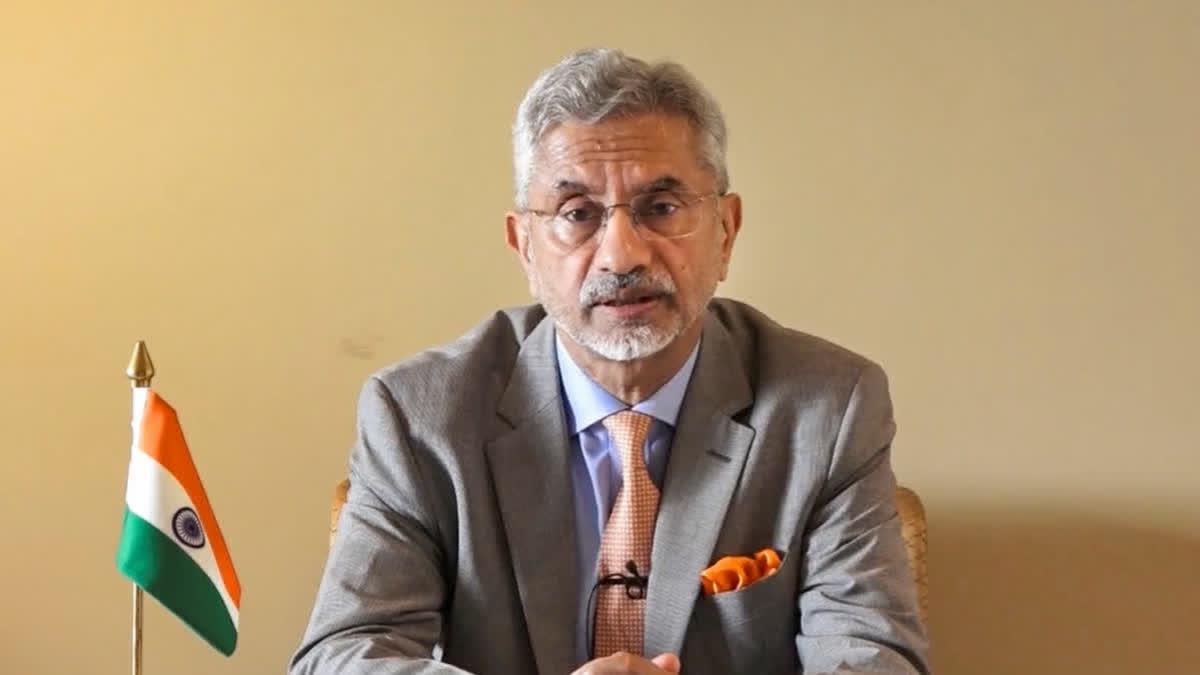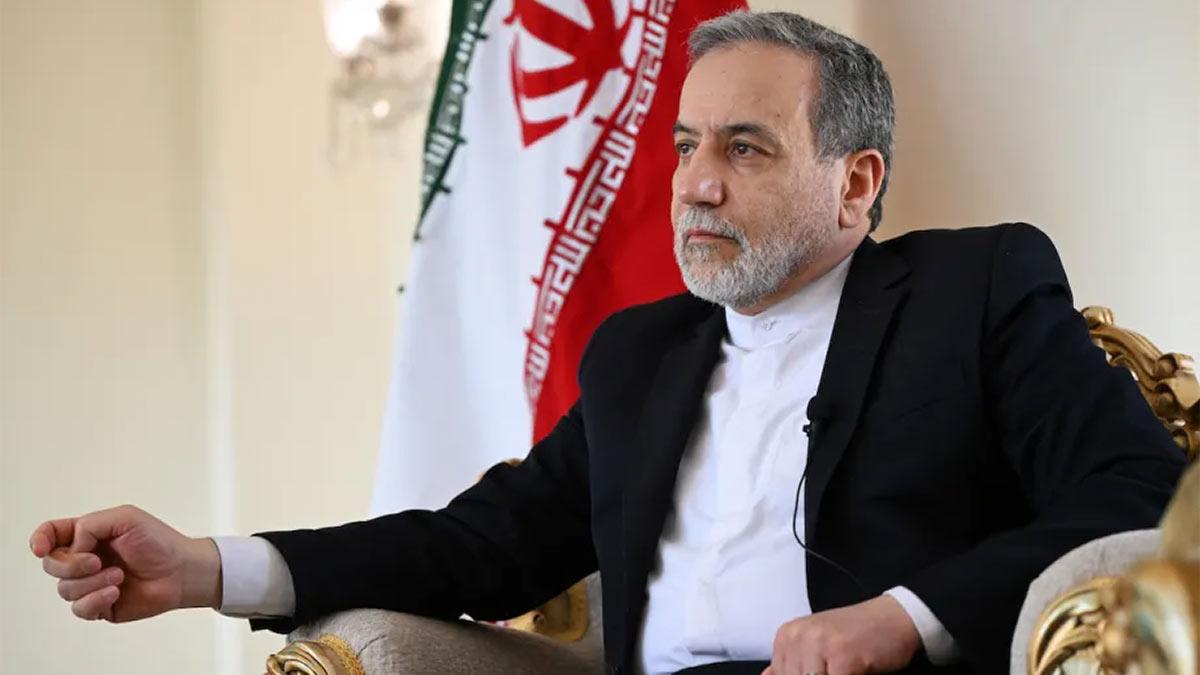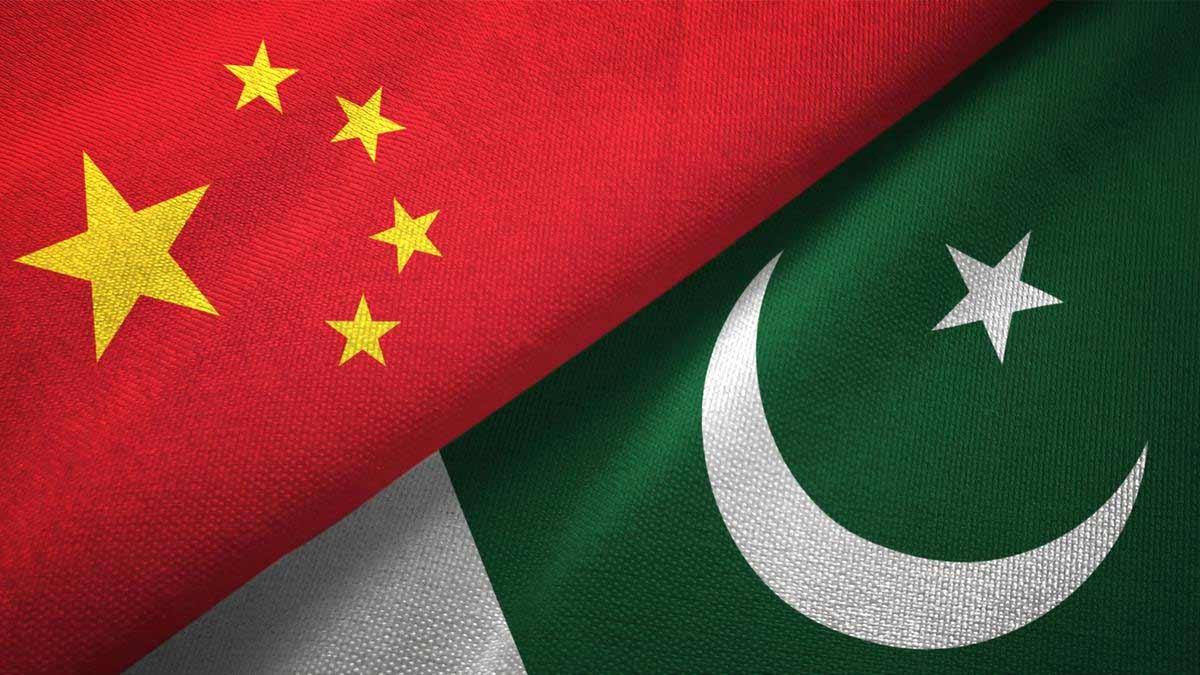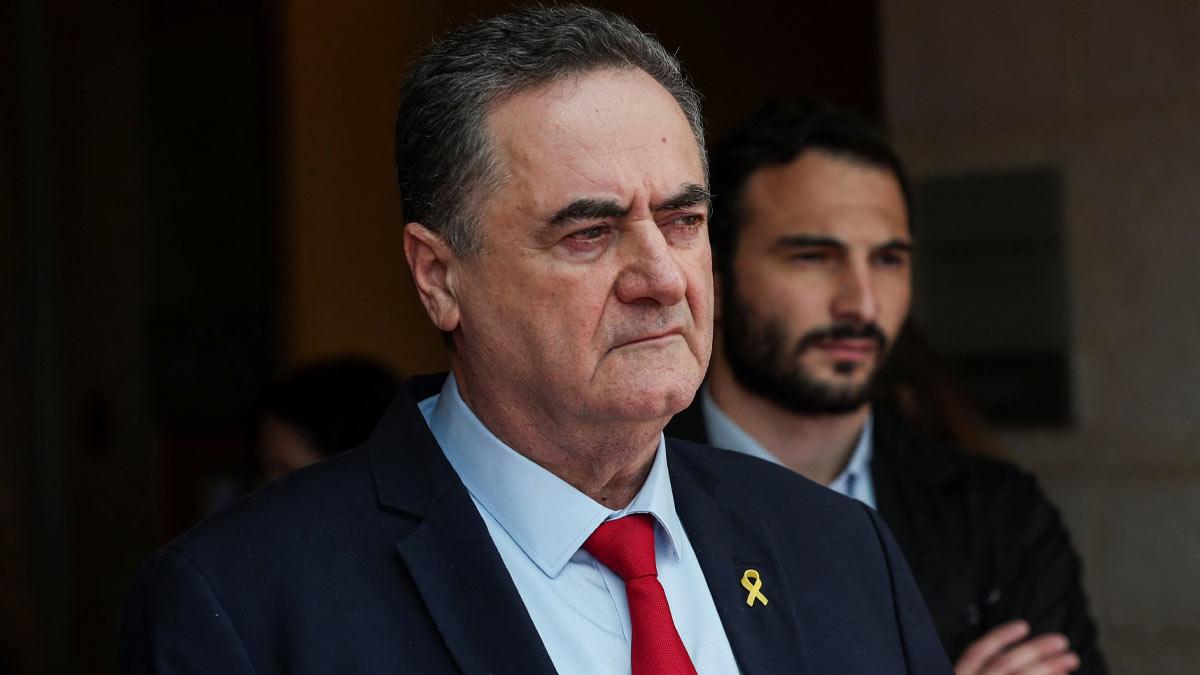External Affairs Minister S. Jaishankar on Monday underscored how Pakistan's duplicity in Afghanistan contributed to its own downfall, asserting that the nation got trapped in the same web of terror it had cultivated.
Referring to students of Charotar University of Science and Technology in Gujarat, Jaishankar stated, "Pakistan was playing a double game. It was with both the Taliban and also with the other side. But, when the Americans left, the double game could not be sustained." He further added that Pakistan's longtime approach of supporting terrorism in the area ultimately went wrong.
Dr. Jaishankar underscored that Islamabad had created what he called a full-fledged terrorism "industry" and had, for decades, taken advantage of its strategic location between warring parties in Afghanistan. "Whatever advantage they were deriving from the double game, that too went down (once the US exited Afghanistan). Further, the very terrorism industry they (Pakistan) had fostered came back to haunt them," he added.
He termed the 2008 Mumbai terror attacks as the pivotal moment in Indo-Pak relations, the moment after which relations badly declined and never improved. Describing the post-attack public mood, he said, "Indians as a whole felt that such conduct by an adjoining country could no longer be accepted," although he did state that this intense feeling "might not have been completely comprehended at the time by the Government at the time, which is a different issue."
Looking back at the divergence in the trajectories of the two countries, Jaishankar pointed to a stark difference in the last decade. "India has changed. I wish I could say Pakistan has changed too. They unfortunately, in many ways, are continuing their bad habits," he said.
He went on to add that following the leadership change in 2014, New Delhi issued a clear warning to Islamabad. "Since 2014, when the Indian government changed, Pakistan was sent a clear message that there will be repercussions if terrorism is perpetrated," he said. He noted that India progressed economically and diplomatically during this time, while Pakistan continued to follow old tactics. "We (India) have developed economically and politically, and our position in the world has strengthened. But, Pakistan followed the old script."
Jaishankar wrapped up by saying that India had gone way ahead now and it was not necessary to spend time on Pakistan any longer. "There is no need for Indians to waste precious time on Pakistan," he said.
His comments follow close on the heels of the extradition of Tahawwur Rana, a prime accused in the 26/11 Mumbai attack, from the US to India. The development follows the intensification of cooperation between New Delhi and Washington on counter-terrorism and intelligence sharing.
After the extradition, U.S. Secretary of State Marco Rubio said, "We extradited Tahawwur Hussain Rana to India to face charges for his role in planning the horrific 2008 Mumbai terrorist attacks. Together, with India, we've long sought justice for the 166 people, including 6 Americans, who lost their lives in these attacks. I'm glad that day has come."
Jaishankar retorted, "Value the counter-terrorism collaboration between our two nations. This is certainly a significant move towards bringing justice to the victims of 26/11 attacks."
Read also| President Trump Threatens to Revoke Harvard's Tax-Exempt Status
Read also| India and G4 Nations Oppose Allocating UNSC Seats Based on Religion Amid Calls for Islamic Representation


















